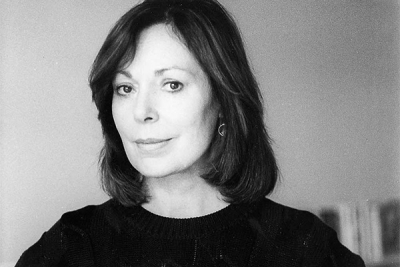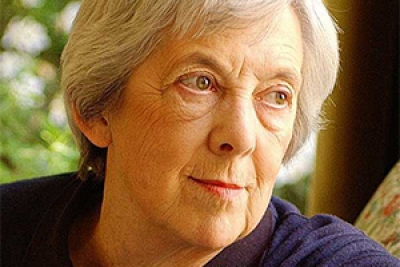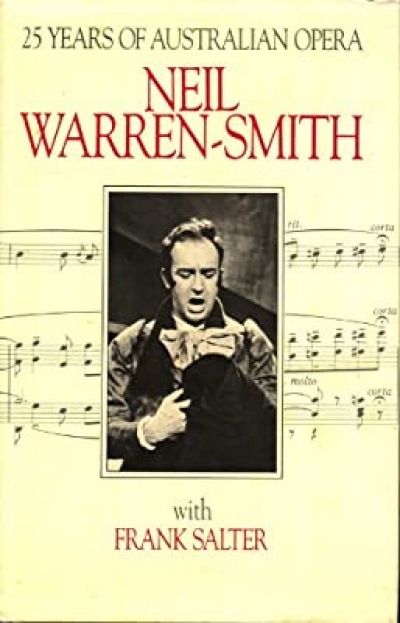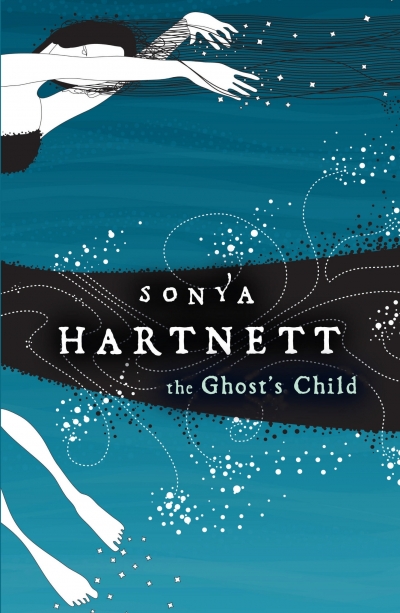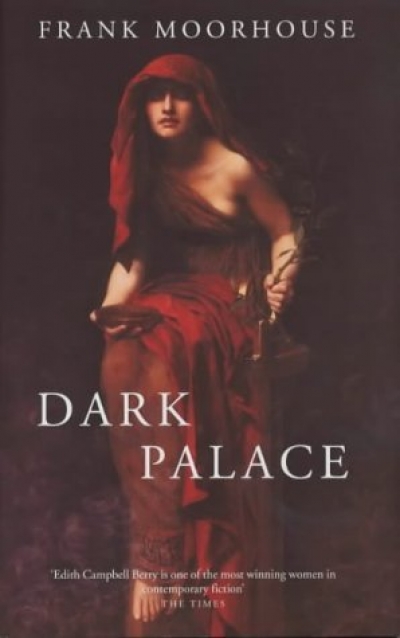In the title piece of this posthumous selection of reviews, criticism, essays, and journalism, Hilary Mantel describes how she once visited an irritating psychic she nicknamed ‘Twerp’ in order to guide her back to her former self: ‘I didn’t necessarily think I had a past life, but I wanted to know how it would feel if I did.’ Her former self turns out to have been a ‘miserable illegitimate infant’ called Sara, born to a family of millworkers in the north of England. Sara isn’t an unlikely candidate: Mantel’s mother worked in a cotton mill from the age of fourteen, as did her maternal grandmother, who left school aged twelve; Mantel’s great-grandmother had been illiterate. Mantel comes from ‘a long line of nobodies’. All that ‘Twerp’ wants to ask Sara is whether or not she is courting, when the real love of Sara’s life is Billy, her white bull terrier. ‘If Sara had slapped him,’ Mantel wonders, ‘what sort of a defence would I have had to a charge of assault?’






















.jpg)


